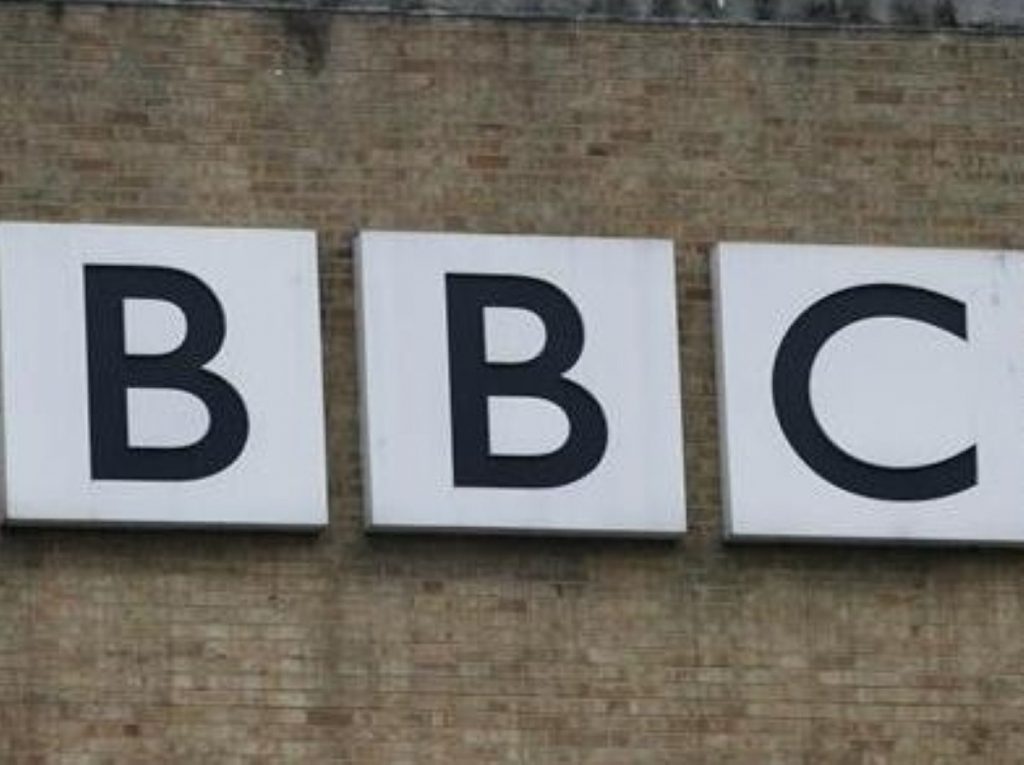Pay tensions spark BBC disquiet
By politics.co.uk staff
Industrial action and pressure from politicians are making life difficult for BBC managers, who have agreed a flat £475 pay rise for employees earning less than £37,000.
The move, which will increase the BBC’s £1 billion annual pay bill by around £10 million a year, has attracted criticism from some quarters. It came after culture secretary Jeremy Hunt called for better value for money from the corporation.
The flat rate pay rise, equivalent to an increase of 1.2% for staff paid at the upper limit, is opposed by unions who have been arguing the case for an above-inflation hike.


The licence fee, which will increase by two per cent in 2011/12 and by up to two per cent in 2012/13, is a key factor in negotiations. In the event of a one-year settlement the unions will reject an agreement which is less than the BBC’s licence-fee settlement.
“We appreciate the BBC is trying to cut the cake to help the lowest paid but it is unacceptable that a third of journalists would receive no pay rise and that for the third year running BBC staff are being offered a deal which is significantly below inflation and significantly below the rise in the licence fee,” National Union of Journalists general secretary Jeremy Dear said.
“Quite simply, the cake isn’t big enough.”
Tensions at the BBC are further exacerbated by the high salaries offered to the corporation’s biggest stars. It has emerged the One Show presenter Christine Bleakley has secured a £2 million package to remain at the Beeb.
A BBC insider told the Times: “In the week when we can find a million quid to try and keep Christine Bleakley on The One Show, it calls into question senior management’s understanding of what licence fee payers believe represents value for money.”

